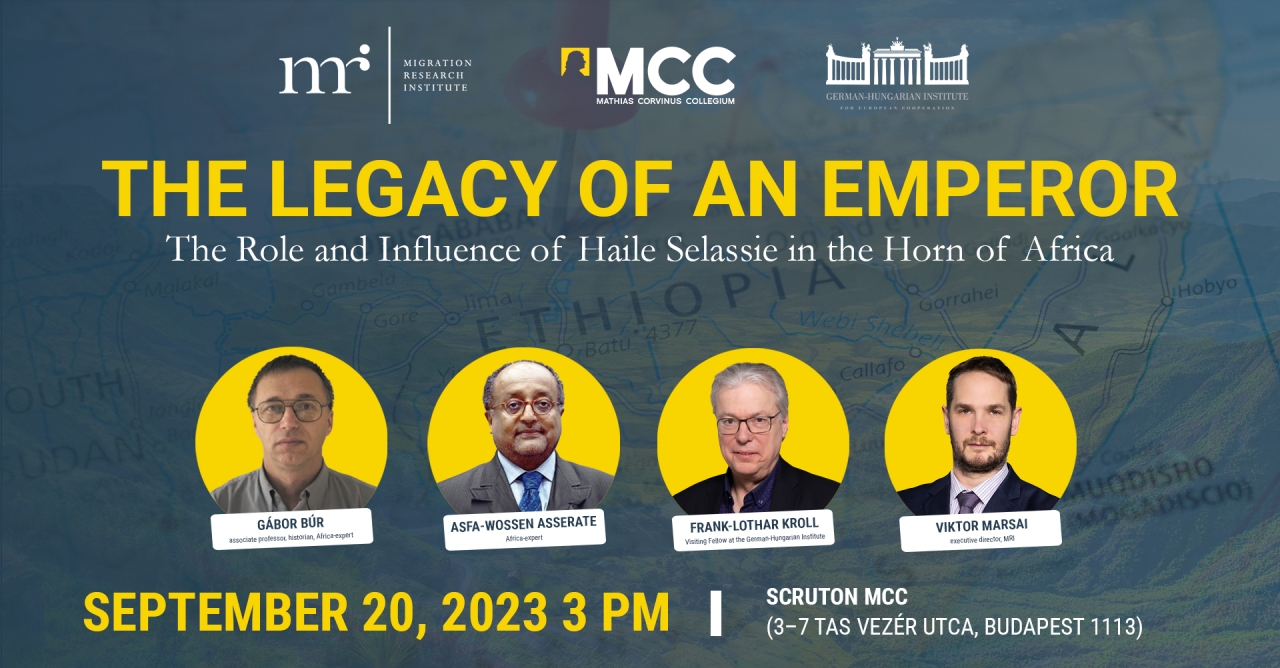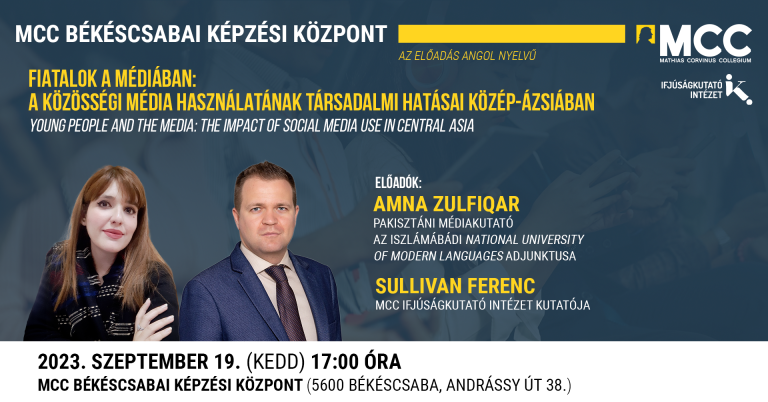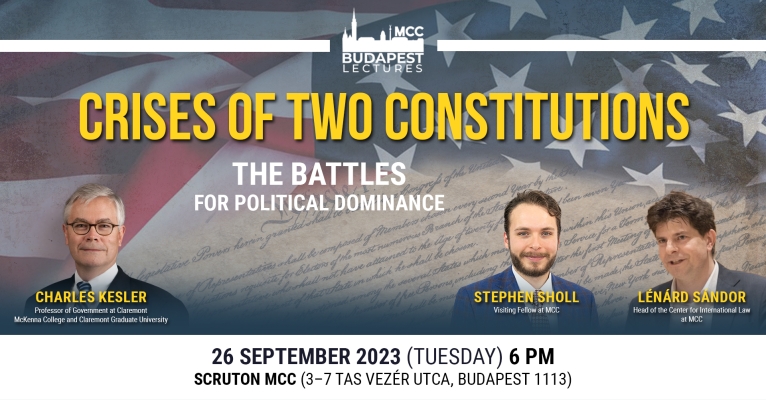Haile Selassie, the last Emperor of Ethiopia, has a controversial legacy. Although he provided a constitution for his country, conducted a massive modernization campaign, and introduced important economic and social reforms, the Emperor could not get rid of the absolute-style leadership and feudal structures, which finally jeopardized his power and led to the military coup in 1974. Nevertheless, his successors are still struggling with the same problems in the Ethiopian Highlands: the ethnicization of politics, the power competition between the centers and the peripheries, and the social and economic development of the country. Was Haile Selassie a dictator and a despot? Or a statesment who could not cross the limits of his historical heritage? Did he build up the foundation of modern Ethiopia, or on the contrary, he destroyed it?
Introduction: Prof. Dr. Frank-Lothar Kroll, Visiting Fellow at the German-Hungarian Institute for European Cooperation
Participants:
Dr. Asfa-Wossen Asserate, Africa-expert
Dr. Gábor Búr, associate professor, historian, Africa-expert
Dr. Viktor Marsai, executive director, MRI
Moderator: Árpád Párducz, junior researcher MRI
Our event is free to attend, but we kindly ask you to register here


